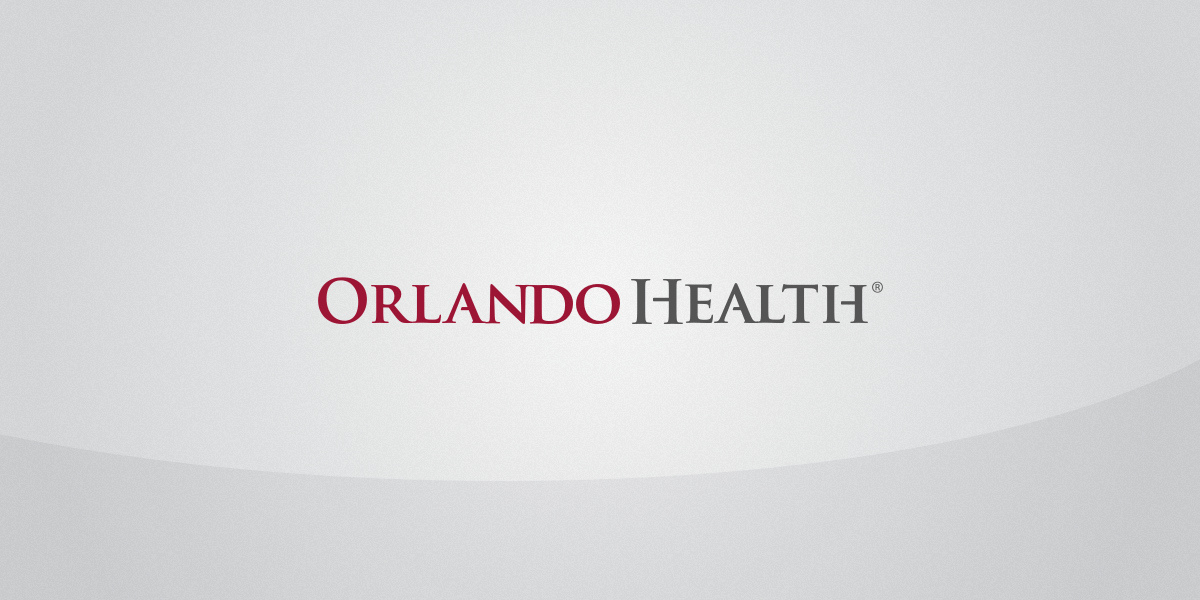Orlando Health St. Cloud Hospital using defibrillators with enhanced shock capability for difficult-to-defibrillate patients
Orlando, FL (April 22, 2024) Orlando Health St. Cloud Hospital will begin using defibrillators with an enhanced energy shock capability that can improve the odds of reviving difficult-to-defibrillate patients who experience sudden cardiac arrest.
The automated external defibrillator (AED) can deliver up to up to 360 joules when low-energy shocks fail to resuscitate a patient. Joules is the amount of energy needed for an AED to properly defibrillate someone.
The biphasic defibrillator sends the energy current in two directions: it travels to the heart and back through it a second time as it returns to its source.
“This defibrillator gives our team the ability to deliver more powerful energy, and this saves lives,” said Joel Santora, MD, MBA, critical care physician & chief quality officer, Orlando Health St. Cloud Hospital.
The defibrillator detects and analyzes the heart’s rhythm and can sense if a shock is needed through electrode pads placed on the patient’s chest. It can help correct an arrhythmia – an irregular heartbeat – and restore a normal heartbeat if the heart suddenly stops beating.
The device also calculates SpO2, the measurement of blood that is saturated with oxygen, and ETCO2, the level of carbon dioxide released at the end of an exhaled breath. There is an alarm that occurs when 30 seconds have passed since a patient’s last detected breath.
The defibrillator is able to stream a patient’s vital signs, waveforms and other critical data to the hospital for valuable insights throughout the patient’s journey.
“These additional features are cutting-edge technology to enhance the cardiac care for our community,” Santora said.
About Orlando Health
Orlando Health, headquartered in Orlando, Florida, is a private, not-for-profit healthcare organization with $9.6 billion of assets under management that serves the southeastern United States and Puerto Rico.
Founded more than 100 years ago, the healthcare system is recognized around the world for Central Florida’s only pediatric and adult Level I Trauma program as well as the only state-accredited Level II Adult Trauma Center in Pinellas County. It is the home of one of the nation’s largest neonatal intensive care units, one of the only systems in the southeast to offer open fetal surgery to repair the most severe forms of spina bifida, the site of an Olympic athlete training facility and operator of one of the largest and highest performing clinically integrated networks in the region. Orlando Health has pioneered life-changing medical research and its Graduate Medical Education program hosts more than 350 residents and fellows.
The 3,487-bed system includes 33 hospitals and emergency departments – 26 of which are currently operational with seven coming soon. The system also includes nine specialty institutes, skilled nursing facilities, an in-patient behavioral health facility under the management of Acadia Healthcare, and more than 375 outpatient facilities that include physician clinics, imaging and laboratory services, wound care centers, home healthcare services in partnership with LHC Group, and urgent care centers in partnership with CareSpot Urgent Care. More than 4,950 physicians, representing more than 100 medical specialties and subspecialties have privileges across the Orlando Health system, which employs more than 29,000 team members and more than 1,400 physicians.
In FY 23, Orlando Health cared for 197,000 inpatients and 6.6 million outpatients. The healthcare system provided nearly $1.3 billion in total impact to the communities it serves in the form of community benefit programs and services, Medicare shortfalls, bad debt, community-building activities and capital investments in FY 22, the most recent period for which this information is available.
Additional information can be found at http://www.orlandohealth.com, or follow us on LinkedIn, Facebook, Instagram and Twitter @orlandohealth.



